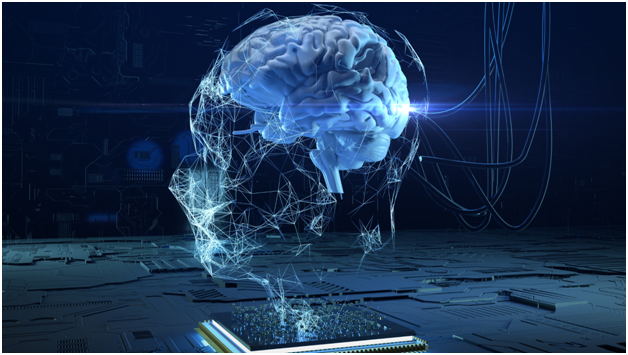Artificial Intelligence (AI) is rapidly transforming the world around us, influencing how we work, learn, and solve problems. For today’s college-bound students, understanding AI is becoming increasingly important—not just as a technical skill but as a fundamental competency that will shape their academic success and future careers. In this blog, we explore why future AI careers demand early preparation, how AI education trends are evolving, the role of AI in enhancing college success, and the tangible benefits of participating in AI internships.
The Growing Importance of AI in Future Careers
The job market is evolving, with AI playing a central role in many industries. From healthcare and finance to space exploration and creative fields, AI technologies are being integrated into daily operations and innovation pipelines. This shift means that students who gain proficiency in AI will be better positioned to access a wide range of career opportunities.
Many roles in the future will require at least a foundational understanding of AI concepts, such as machine learning, natural language processing, and data analysis. Even professions traditionally unrelated to technology are increasingly influenced by AI tools and systems. Thus, having AI skills is no longer limited to computer science majors; it is relevant across disciplines.
How AI Education Trends Are Shaping Learning
Educational institutions and programs are adapting to the growing demand for AI literacy. One notable trend is the rise of personalized learning powered by AI itself, where adaptive platforms tailor content to individual student needs, improving engagement and comprehension.
Another trend is the emphasis on practical, hands-on learning experiences. Rather than just theoretical knowledge, students are encouraged to work on real-world AI projects that develop problem-solving and collaboration skills. This approach aligns with the increasing popularity of AI internships, apprenticeships, and capstone projects that provide immersive learning. Additionally, interdisciplinary collaboration is becoming a cornerstone of AI education. Since AI solutions often require input from diverse fields—such as ethics, design, and domain-specific knowledge—students learn to work in teams, preparing them for the collaborative nature of modern workplaces.
The Role of AI in College Success
AI is not only a subject to study but also a tool that can enhance student performance. AI-powered educational tools can help students manage their time, understand complex concepts, and receive personalized feedback, all of which contribute to better academic outcomes.
Moreover, students who understand AI are often better prepared for STEM-related coursework and research opportunities. This preparation can translate into higher grades, more meaningful projects, and stronger applications for scholarships and graduate programs.
Familiarity with AI also encourages critical thinking about technology’s societal impacts, fostering responsible and ethical use of AI—an increasingly important consideration in academic and professional settings.
Benefits of AI Internships for Students
Participating in AI internships offers students a unique opportunity to apply their knowledge in real-world contexts. These experiences help bridge the gap between classroom learning and practical application, making students more confident and capable.
Key benefits of AI internships include:
- Building a Strong Portfolio: Working on actual AI projects allows students to demonstrate their skills through tangible outcomes, which can be highlighted in college applications and resumes.
- Gaining Mentorship: Internships often provide access to experienced professionals who can offer guidance, feedback, and insight into the AI field.
- Developing Soft Skills: Beyond technical knowledge, internships help students improve communication, teamwork, and project management abilities.
- Exploring Career Paths: Early exposure to AI careers helps students make informed decisions about their academic and professional futures.
- Enhancing College Applications: Hands-on experience in AI distinguishes students in the competitive admissions process, especially for STEM and interdisciplinary programs.
Preparing for the AI-Driven Future
As AI continues to reshape industries and education, it’s clear that students who engage with AI early will have a significant advantage. Developing AI skills supports not only career readiness but also academic achievement and personal growth.
Educational trends suggest that AI literacy will become a core part of curricula worldwide. Students who embrace this change by learning AI fundamentals, seeking practical experiences, and understanding AI’s broader implications will be well-prepared for the challenges and opportunities of the future.
Conclusion
AI is no longer a niche skill but a critical competency for the next generation of college students. The integration of AI into various sectors means that understanding this technology is essential for future career success. Keeping pace with AI education trends, leveraging AI tools for college success, and gaining real-world experience through AI internships are all important steps for students today.
By recognizing the importance of AI and actively developing related skills, students can position themselves to thrive academically and professionally in an AI-driven world. Programs and platforms like Clevered provide valuable pathways for students to learn, intern, and grow in this exciting field.








